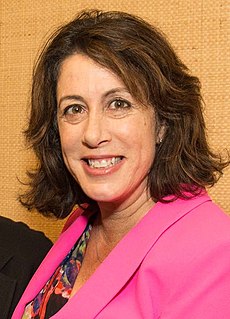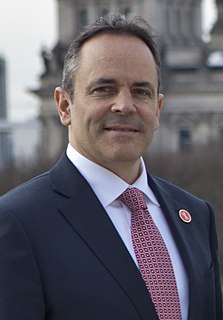A Quote by Walter Gropius
Capitalism and power politics have made our generation creatively sluggish, and our vital art is mired in a broad bourgeois philistinism.
Related Quotes
I would say that I have been consistent in my broad view of how American power should be deployed, and the view that we underestimate our power when we restrict it to just our military power. We shortchange our influence and our ability to shape events when that's the only tool we think we have in the toolbox.
All existing art was religious until perhaps a hundred years ago. Within that there's obviously been lots of room for manipulation. I think that's because our current religion is capitalism. Capitalism has the functions of patronage, commissions, control of content, bestowing of space, elevation of certain artists over others based on how much they pander to people in power, the determination of value of the work, all of it. Capitalism commissions artwork now, the market.
There never was a set of men since God made the world under a stronger responsibility to warn this generation, to lift up our voices long and loud, day and night as far as we have the opportunity and declare the words of God unto this generation. We are required to do this. This is our calling. It is our duty. It is our business.
For over a century, popular struggles in the democracies have used the nation-state to temper raw capitalism. The power of voters has offset the power of capital. But as national barriers have come down in the name of freer commerce, so has the capacity of governments to manage capitalism in a broad public interest. So the real issue is not "trade" but democratic governance.
Chairman Mao creatively applied Marxism-Leninism to every aspect of the Chinese revolution, and he had creative views on philosophy, political science, military science, literature and art, and so on. Unfortunately, in the evening of his life, particularly during the "Cultural Revolution", he made mistakes - and they were not minor ones - which brought many misfortunes upon our Party, our state and our people.
Power is a central issue in social and personal transformation. Our sources and uses of power set our boundaries, give form to our relationships, even determine how much we let ourselves liberate and express aspects of the self. More than party registration, more than our purported philosophy or ideology, personal power defines our politics.
The religion of art, like the religion of politics, was born from the ruins of Christianity. Art inherited from the old religion the power of consecrating things and endowing them with a sort of eternity; museums are our temples, and the objects displayed in them are beyond history. Politics--or more precisely, Revolution--co-opted the other function of religion: changing human beings and society. Art was an asceticism, a spiritual heroism; Revolution was the construction of a universal church.







































